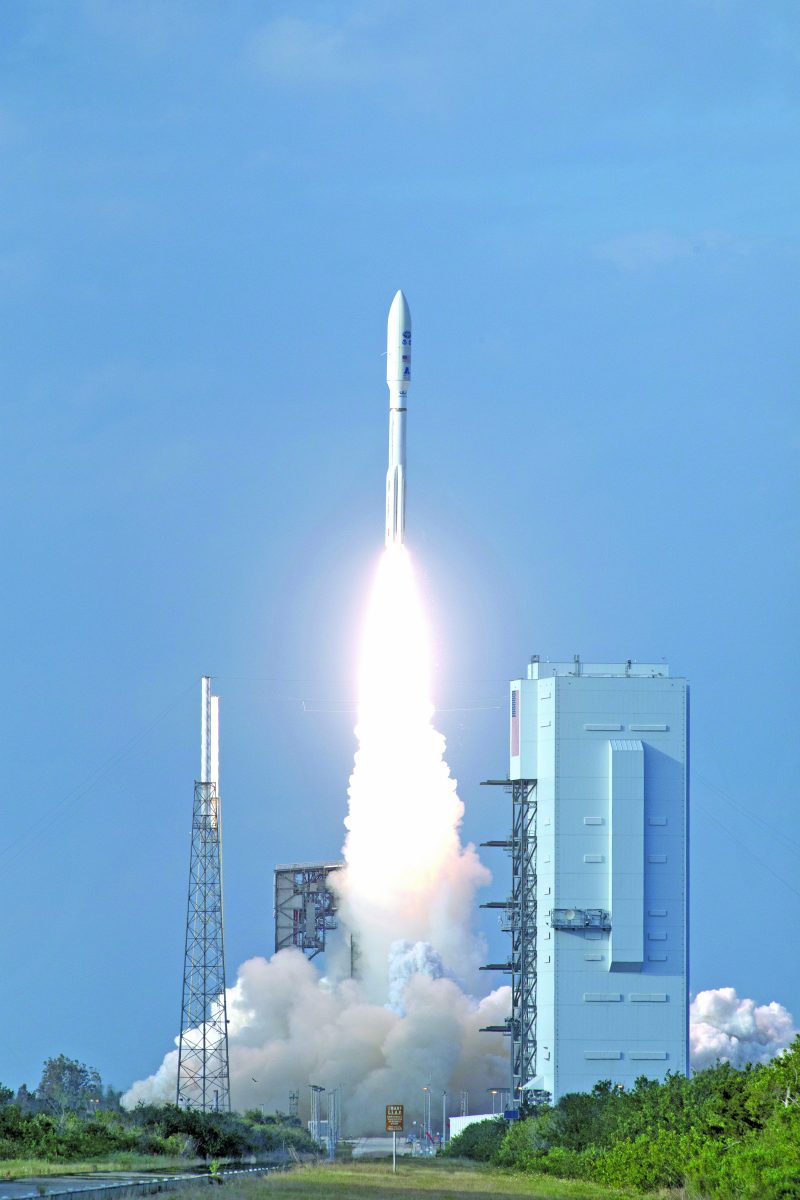Kenya sets up satellite next week

Kenya is set to launch its first satellite, Taifa-1 into orbit, with an eye on the multi-trillion space and satellite industry in Africa.
Though cagey on when Taifa-1 will be released, subsequent correspondence from the Kenya Space Agency (KSA) hinted the anticipated launch will take place next week in California, between April 10 and 11.
The satellite will provide timely and regular satellite data for decision support in agriculture, natural resources management, disaster management, and environmental monitoring among other sectors.
Observation of earth
KSA acting Director-General and Chief Executive Officer (CEO) Hillary Kipkosgey said satellites provide precise and timely earth observation data to stakeholders in diverse fields, and will develop Kenya’s technical capacity in the whole value chain of space technology development and application.
“The Taifa-1 satellite mission is an important milestone for Kenya’s space programme and is expected to contribute significantly to spurring the growth of the satellite development, data analytics and processing and applications development capabilities of Kenya’s budding space economy,” he said.
Taifa-1 Sat is the first stepping stone towards the development of what is planned to be a constellation of small earth observation satellites for Kenya.
It is also a capacity-building effort for Kenya’s engineers in space systems engineering, space operations, ground receiver station operations, mission control, satellite data acquisition and processing.
“The successful launch and operations of the satellite will not only demonstrate Kenya’s technical capacity but also provide valuable data and information for various applications,” Kipkosgey said.
Operations start in June
Taifa-1 will overfly Kenya after every 90 minutes, spending between 7 to 10 minutes to acquire, download and store images for additional processing at the ground receiver station to be based at Nairobi’s Kasarani area.
Kipkosgey estimates that the station is expected to start operations between June and July.
According to www.spaceinafrica.com the African space economy in 2021 was valued at $19.49 billion (Sh2.4 trillion) and is projected to grow by 16.16 per cent to $22.64 billion (Sh3 trillion) by 2026. The industry employs over 19,000 people across the continent.
Satellite communication is expected to play an essential part in bridging the connectivity gap in Africa, while Global navigation satellite system (GNSS) services and the satellite TV segment remain the most significant contributors to the African space economy. As of 2022, 13 African nations have manufactured 48 satellites.











